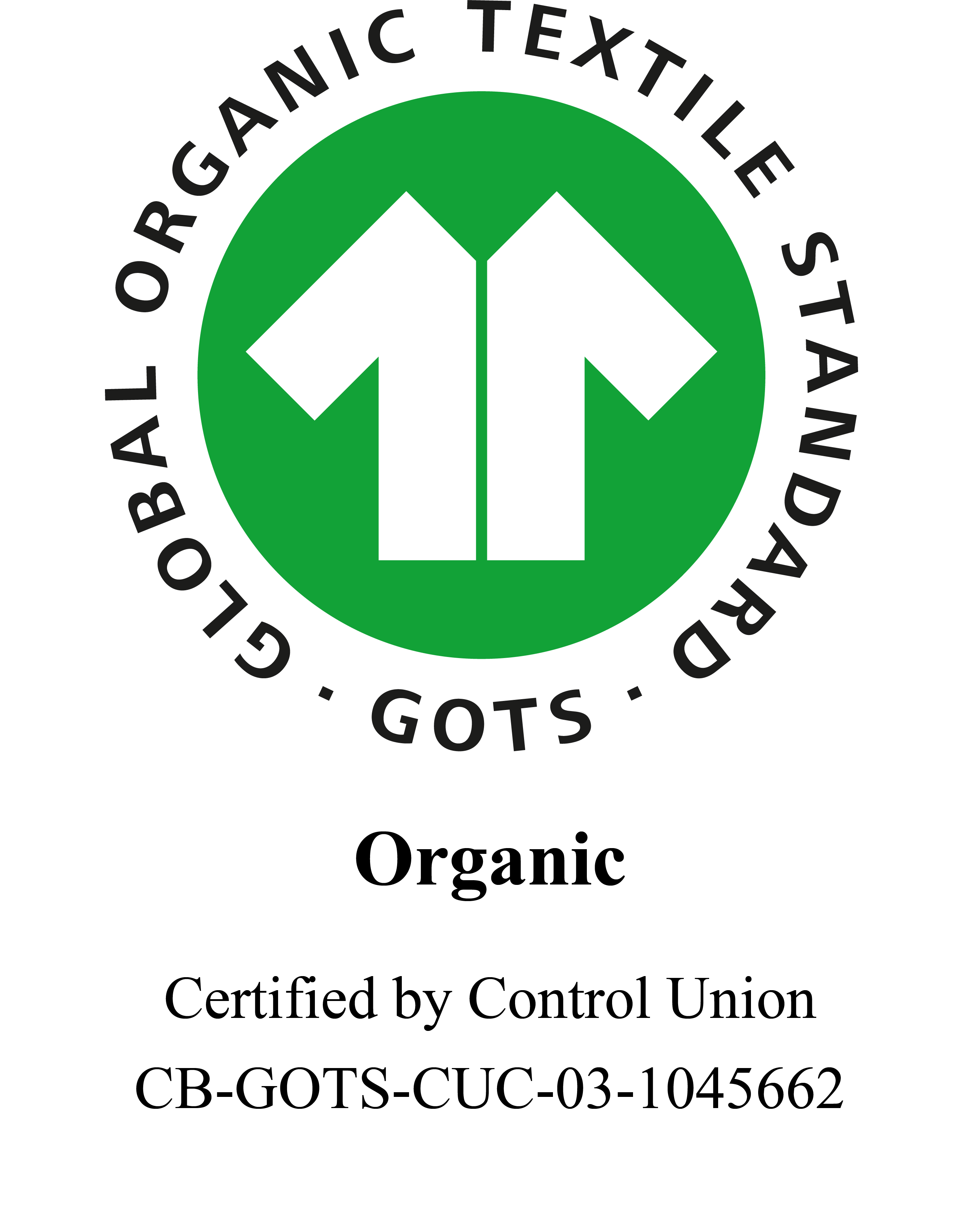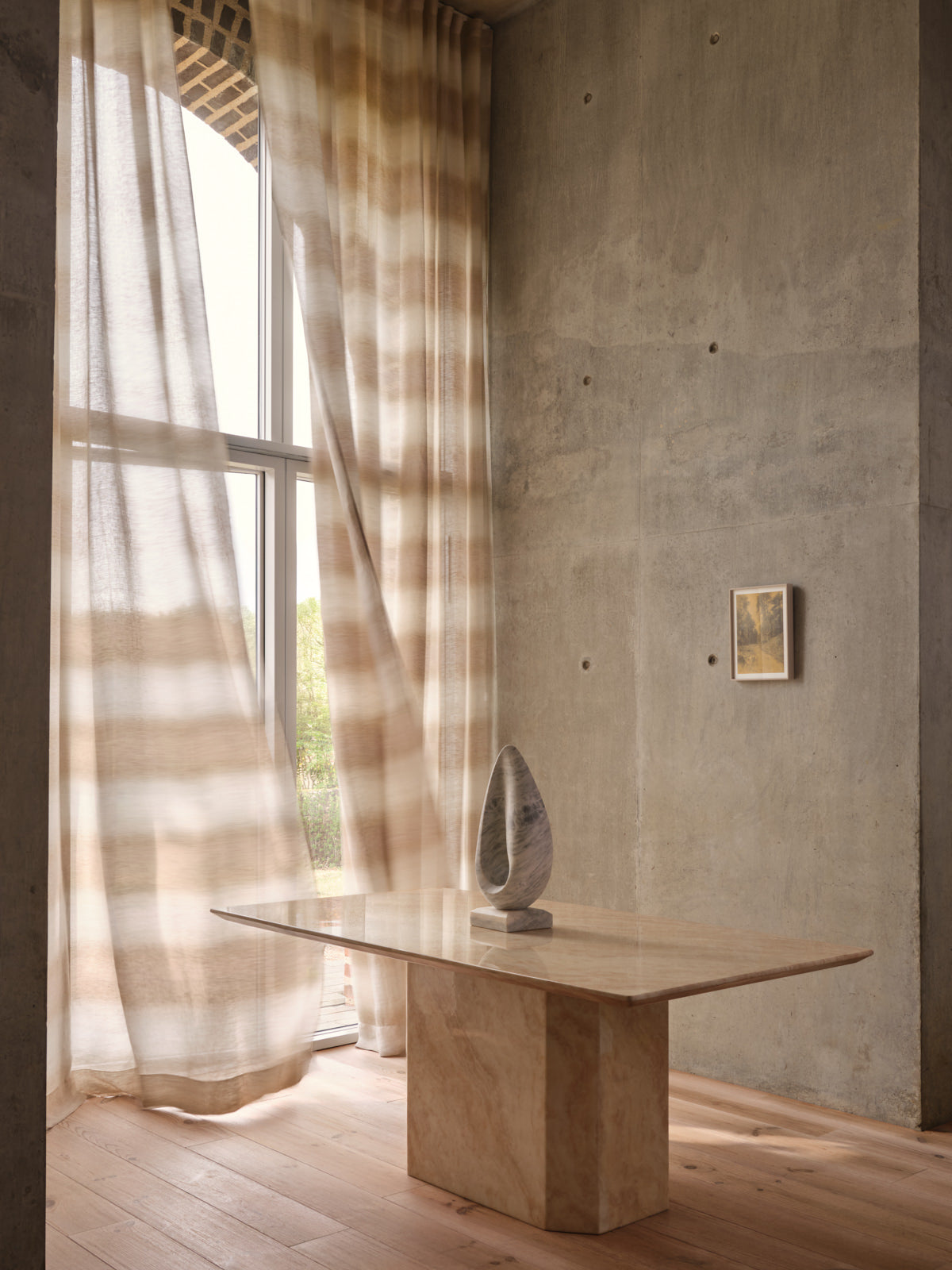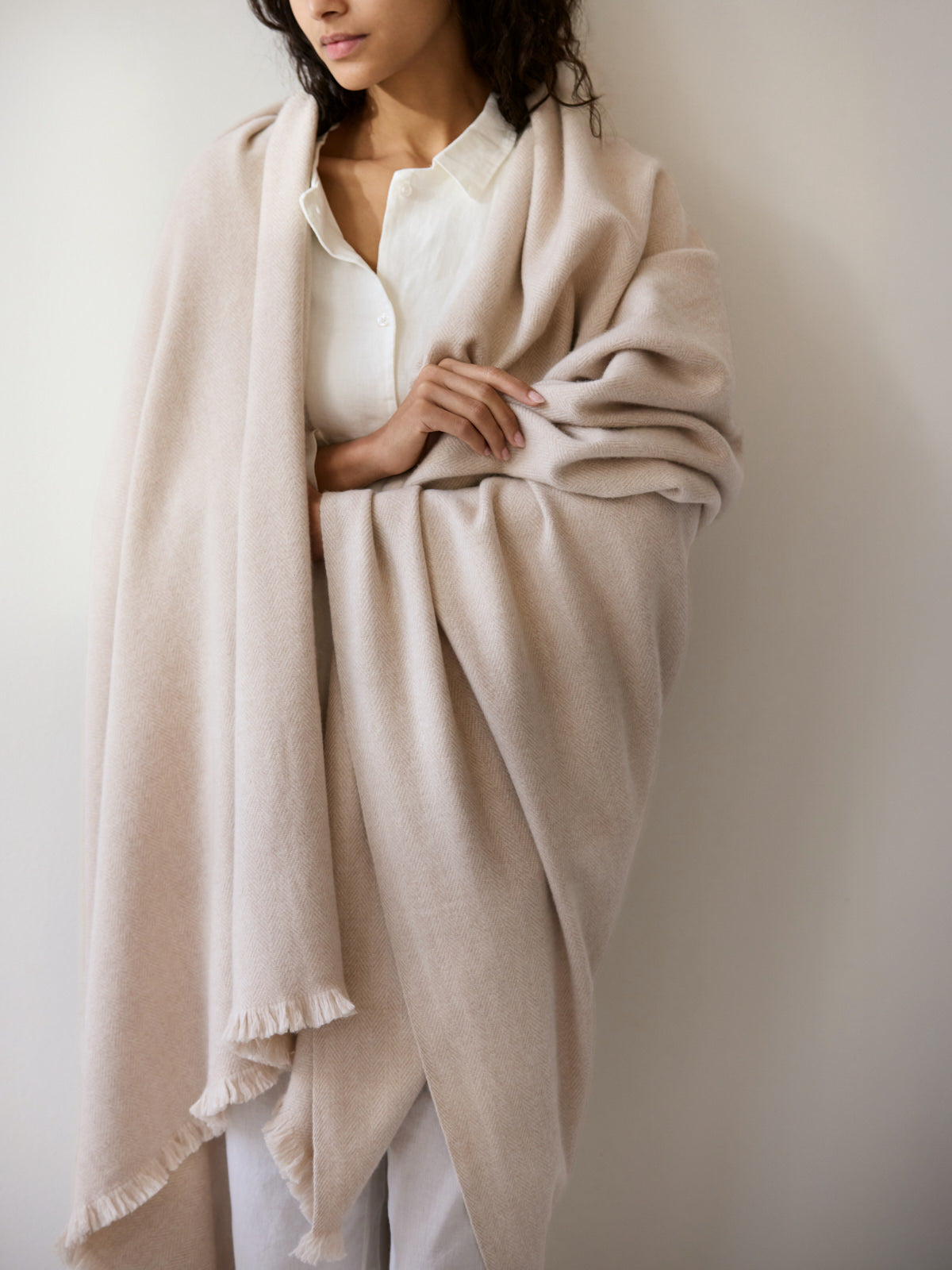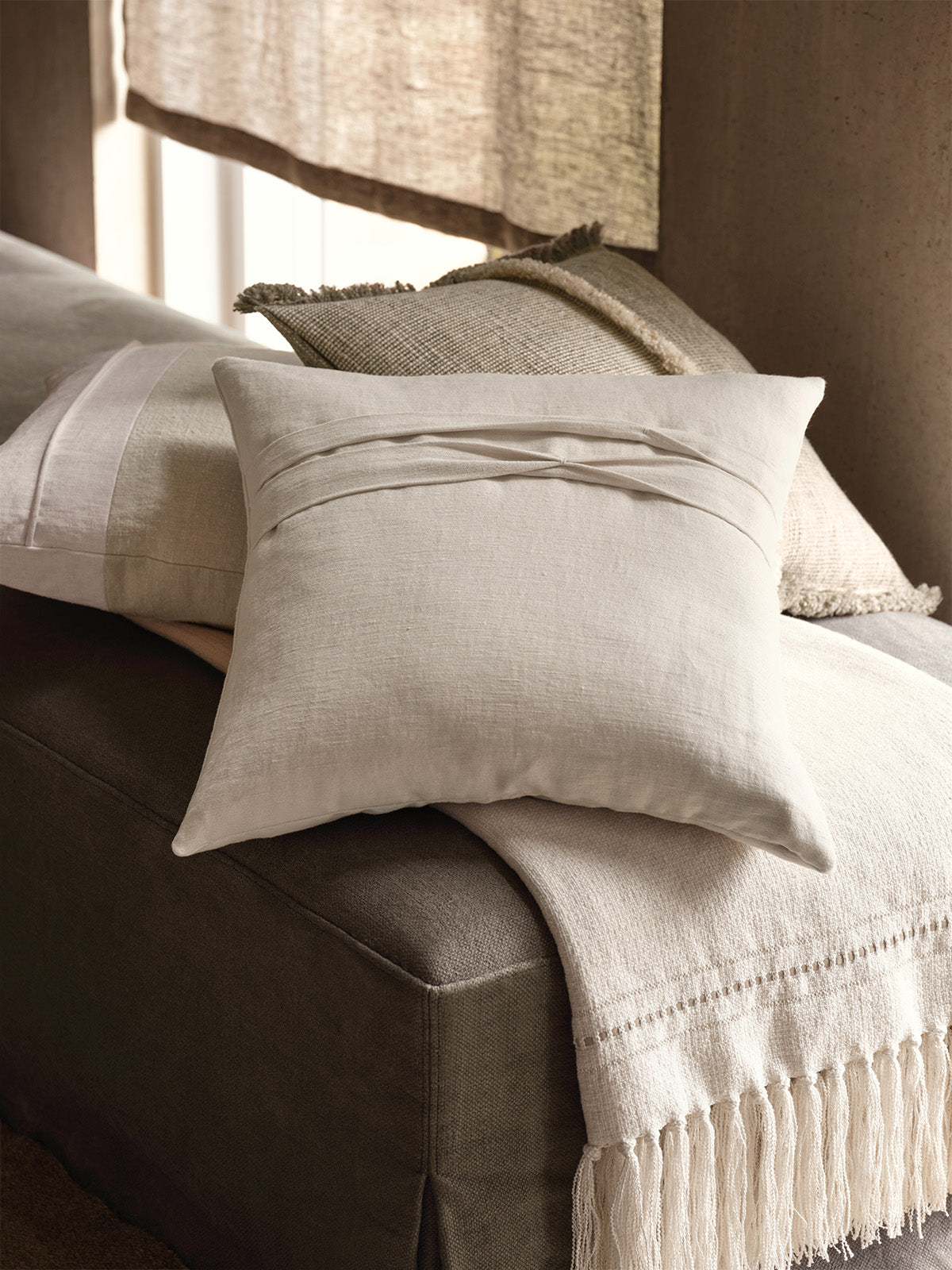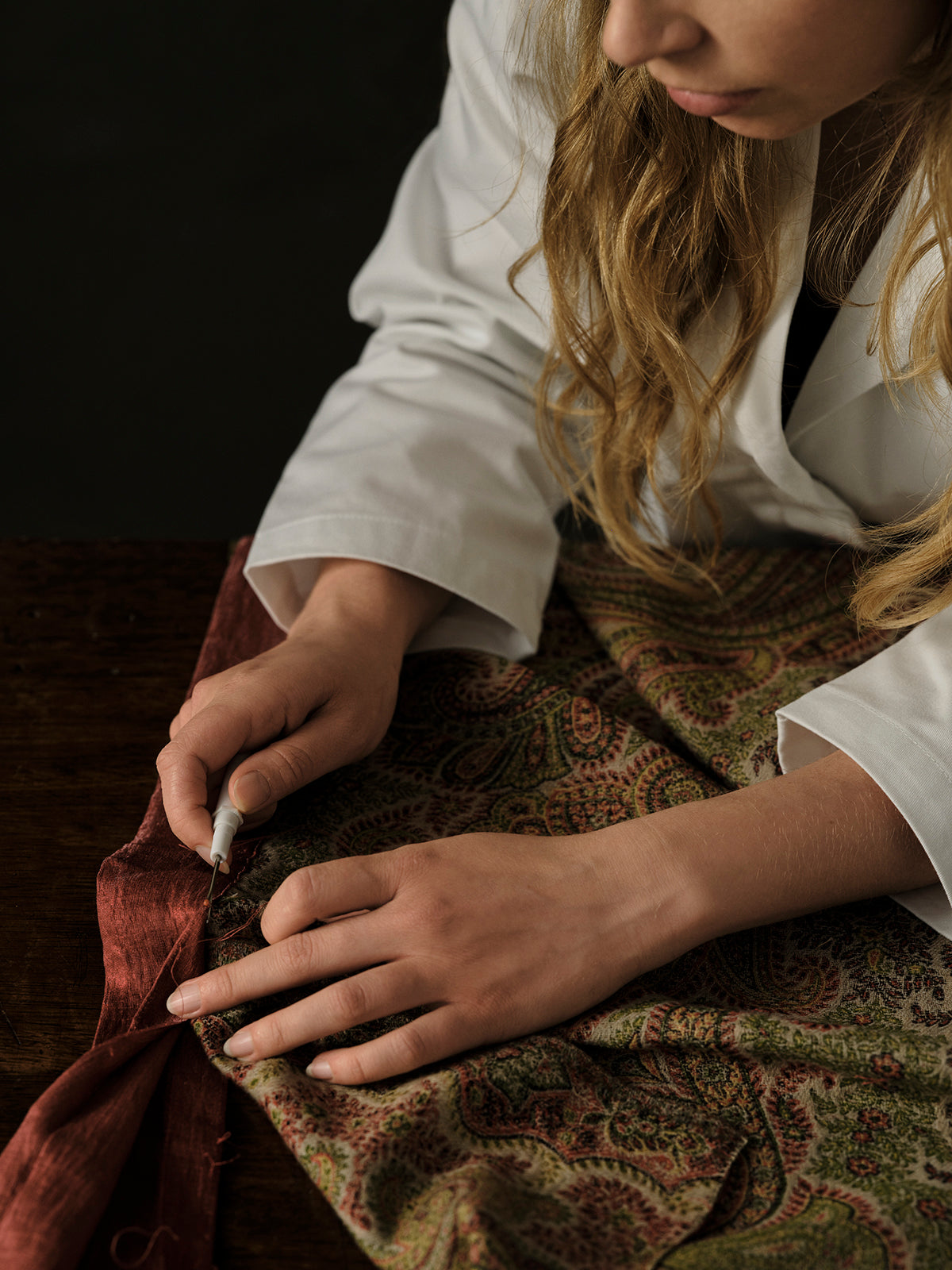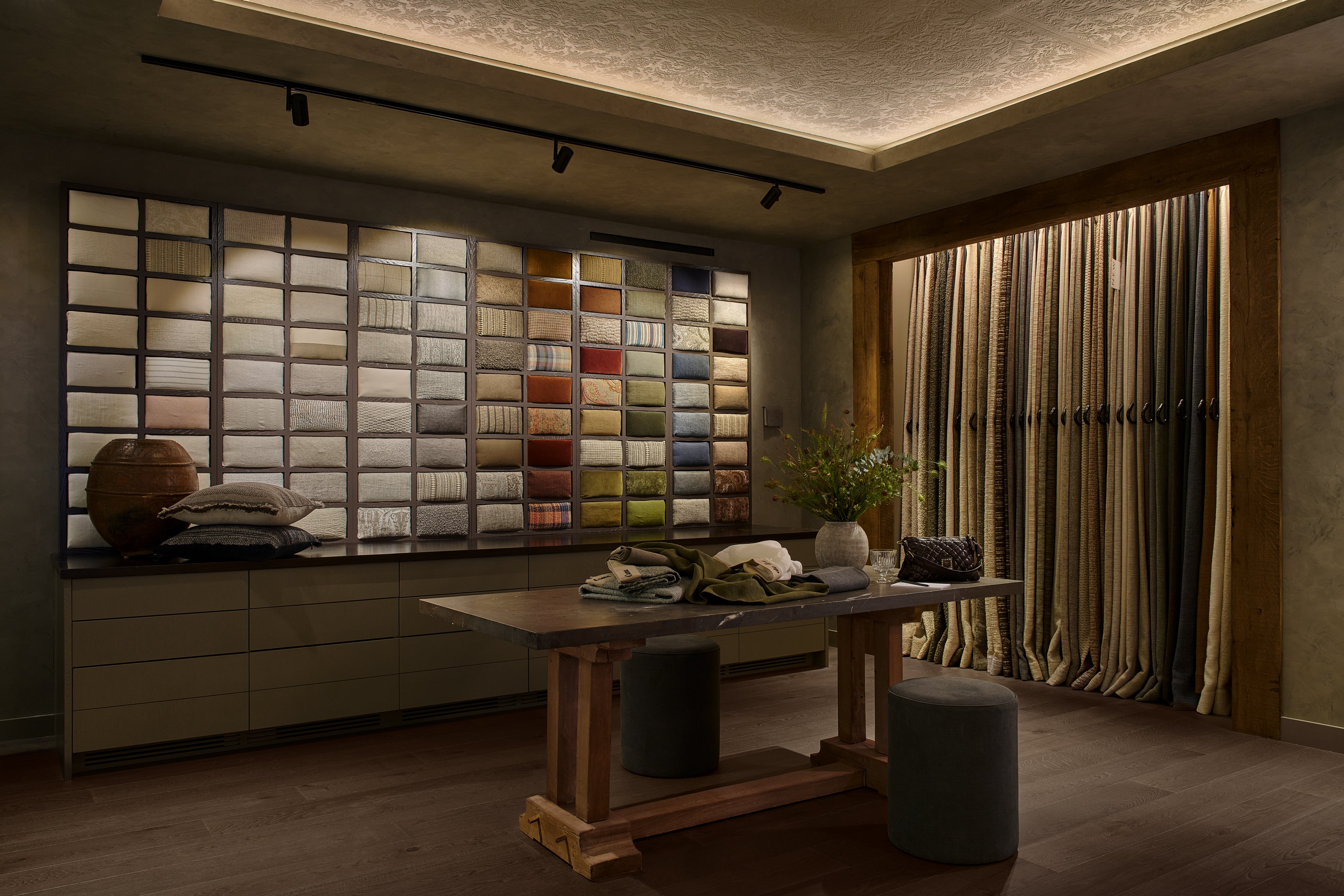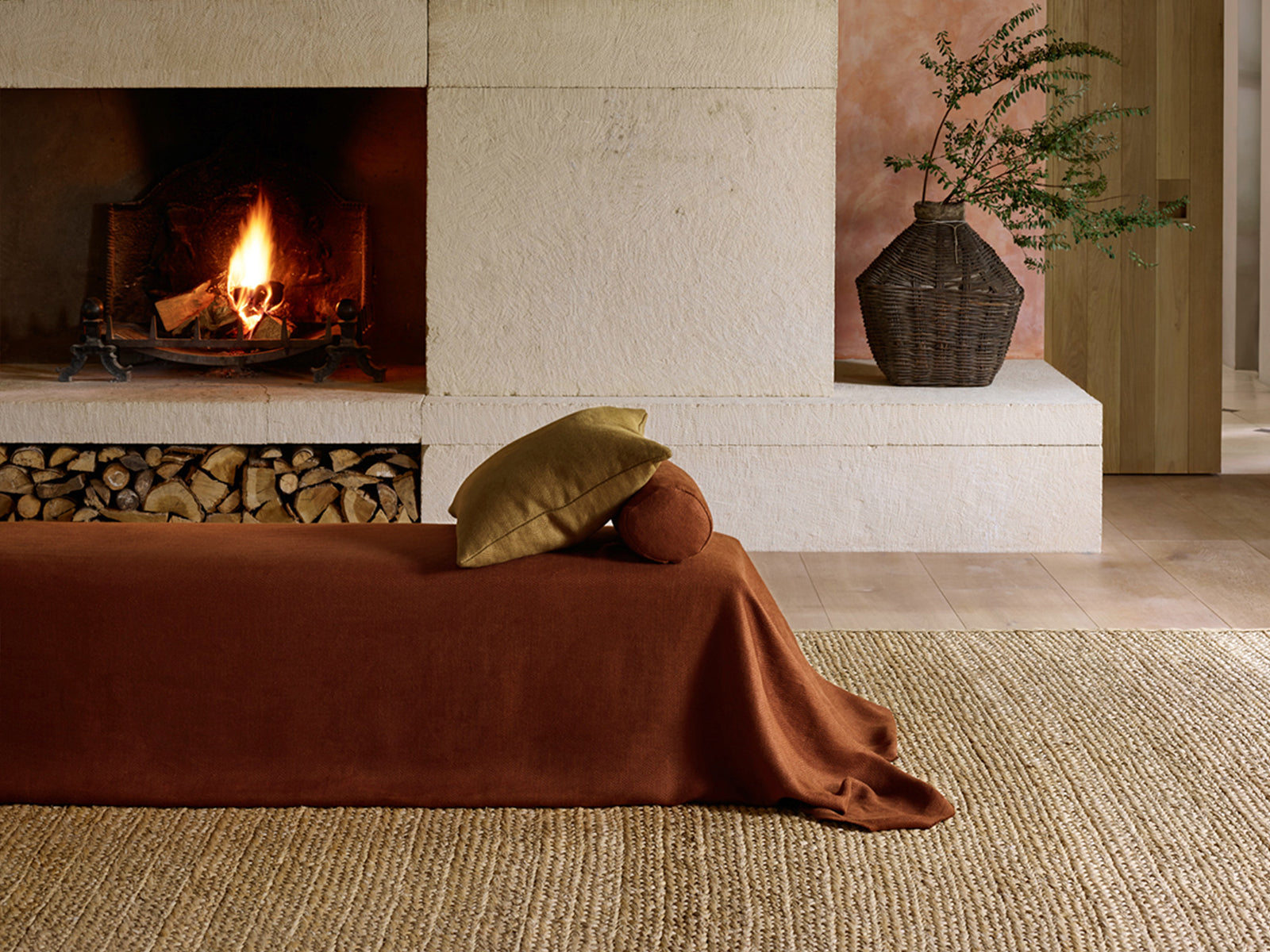GOTS
We are proud to have been amongst the first to bring a certified collection of 100% organic fabrics to GOTS (Global Organic Textile Standard) to the home decor market.
We aim to drive demand for organic home textiles by educating consumers and interior designers on the benefits of using organic fabrics in interiors - particularly linen - and promoting the collection within the industry, encouraging other fabric houses to follow suit.
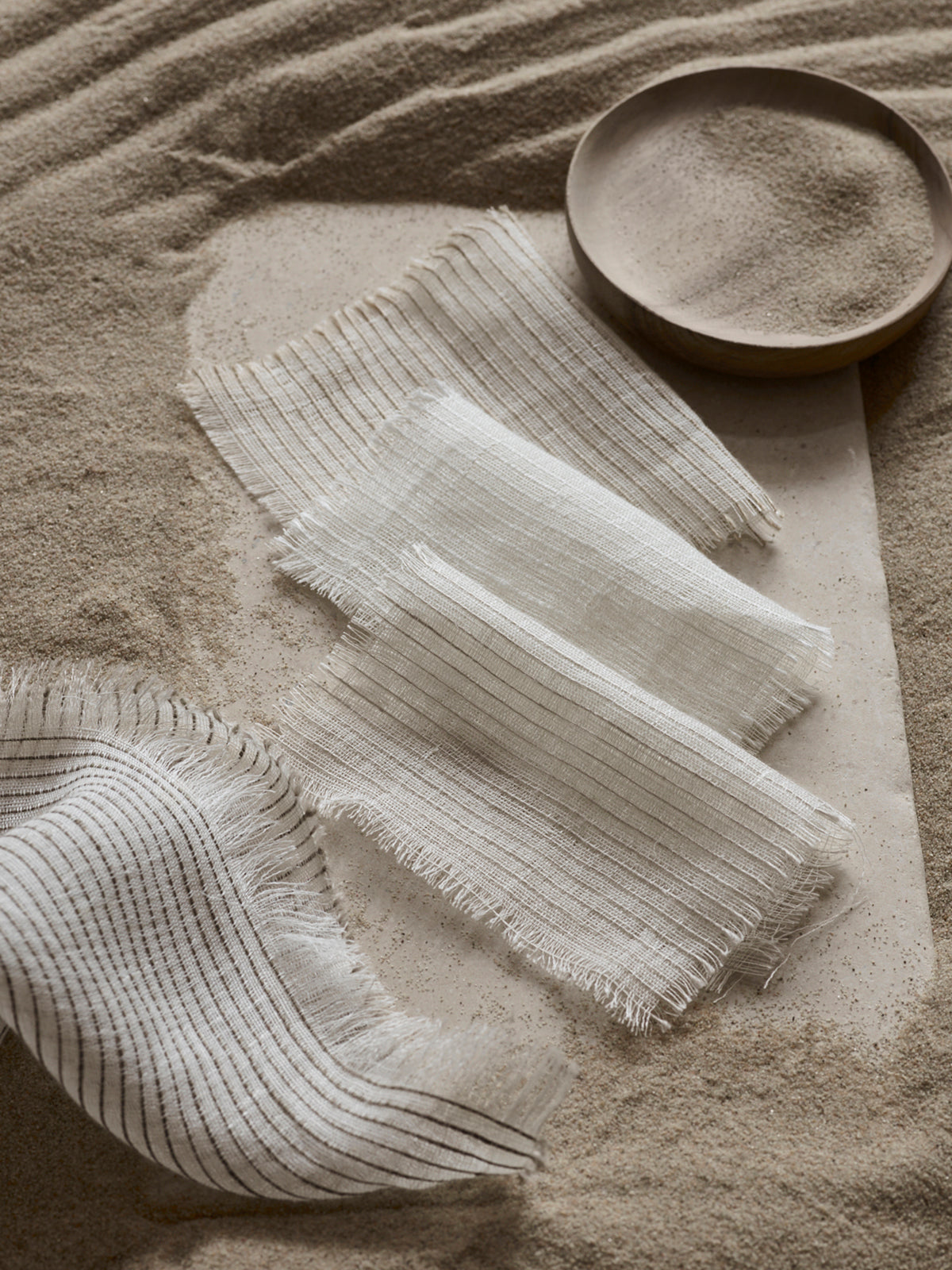
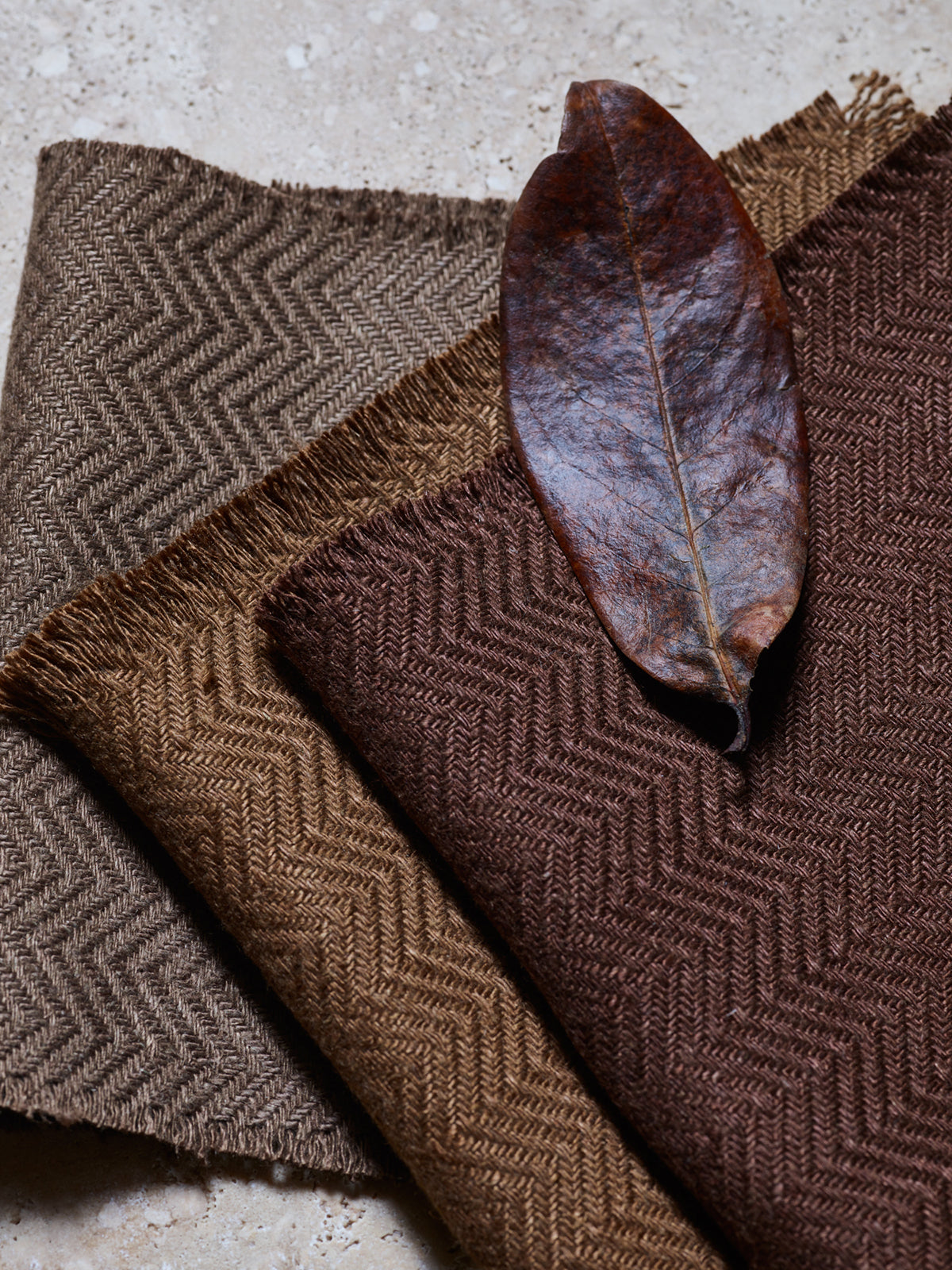
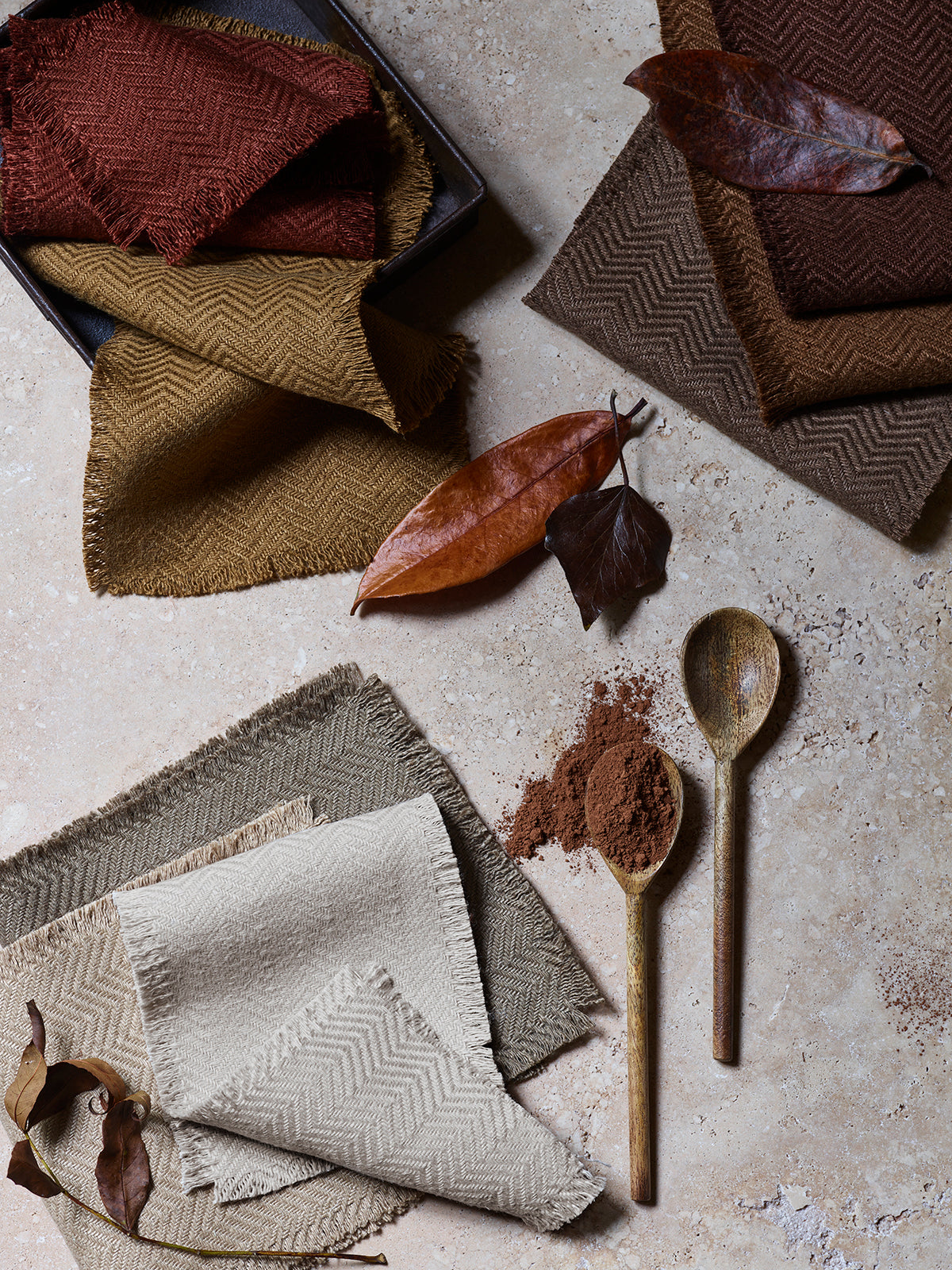
Why using organic fabrics certified to GOTS is important for the health and wellness of homeowners
It is important that the organic textiles used in homes are certified to make sure the products have been through the rigorous certification process.
Many homeowners are already aware of the health benefits of using organic products certified to GOTS and are looking to include them in interiors, particularly bedrooms, nurseries, and places of relaxation. The benefits include minimizing the risks of potentially harmful chemicals emitted in the environment we breathe in and improvement of health and wellbeing. It is particularly important for people with allergies, pregnant women and babies.
For example, the average person sleeps 8 hours per day (which comes to 2,920 hours in a year or 29,200 hours in 10 years), meaning that the time spent in bedrooms, surrounded by various home furnishing products and textiles, makes it important to make sure the environment we rest and sleep in is as safe as possible.
Synthetic and some natural non-organic fabrics might be produced using pesticides, herbicides, fertilisers, and other chemicals at all stages of production. These potentially harmful chemicals are embedded in the fibre the fabrics are made from and the chances of getting rid of them completely by washing are very low. Certification to GOTS ensures that each of the stages of production is carried out without hazardous or prohibited substances and chemicals.
Jamie Page from The Cancer Prevention and Education Society says:
“These are just the sort of measures that responsible and health aware companies in the interior textiles industry can take to help people reduce their exposure to hazardous chemicals as well as using materials sourced in an environmentally friendly way. We very much support these types of initiatives.”
GOTS is important for the environment and society – the sustainable textile industry
Certification to GOTS includes environmental and social criteria, which consider the ethical treatment of workers as well as the chemicals being used. It is particularly important for textiles produced outside of Europe, as norms and regulations on production, working, and social conditions might differ across the world.
GOTS encourages manufacturers and farmers to control and reduce energy, chemicals, and water use in the fibre growing production process and ensures transparency of the supply chain. Each supplier of products certified to GOTS has a licence number and can be easily found in the GOTS database.
Organic Linen and Organic Cotton - the difference
While linen certified to GOTS and cotton certified to GOTS are both great alternatives to conventionally produced fabrics, they have different qualities and are produced in different ways. For example, linen is naturally antibacterial and does not support bacteria growth, while cotton does not. Linen fabrics also have natural thermoregulation and moisture-wicking properties. Cotton doesn’t share these qualities and takes longer to dry.
From a sustainability point of view, cotton consumes more energy and water than flax (the crop that produces linen) during the cultivation and production process

DE LE CUONA PURE 100% ORGANIC FABRIC COLLECTION CERTIFIED TO THE GLOBAL ORGANIC TEXTILE STANDARDS (GOTS)
“A lot of people have become aware of the benefits of having 100% organic products. I have been working on the idea of improving the environment people live in not just decoratively but health-wise for a couple of years. In 2020 I was ready to unveil our Pure collection of totally organic linen fabrics and products for interiors. When we say totally organic, we mean each of the six different traceable stages from the field where the seed is planted, to the final product arriving at our warehouse is certified to GOTS. de Le Cuona Pure is 100% organic.
It’s an extremely costly process to develop this completely organic collection, but I believe that as the world becomes more and more aware of the damage we cause to our health by using and being surrounded by chemicals, it will appeal to more and more home owners and interior designers. Increasing the amount of “healthy” textiles in interiors, particularly bedrooms, nurseries or interiors for relaxation and wellness, may help to reduce allergies and make health improvements.”
BERNIE DE LE CUONA
FOUNDER, CEO, AND CREATIVE DIRECTOR
